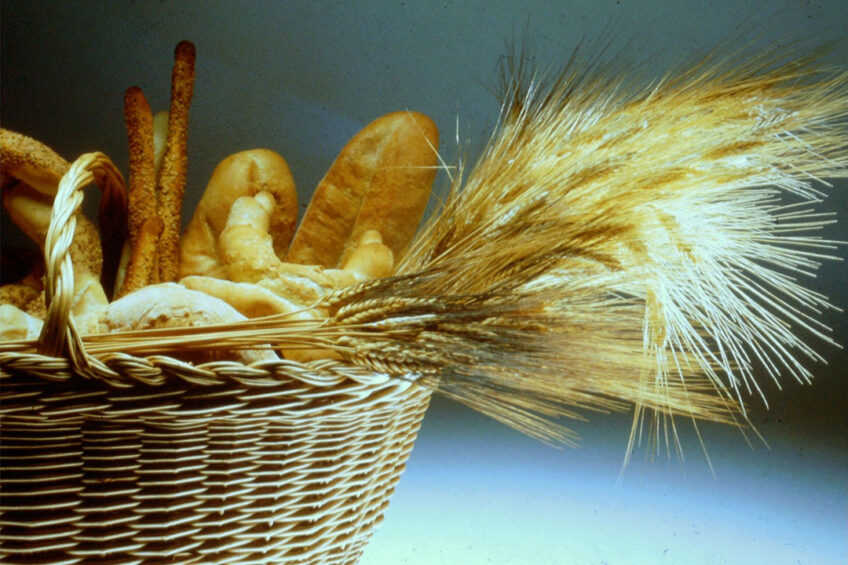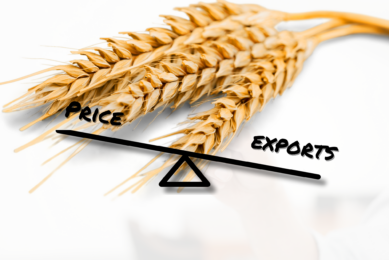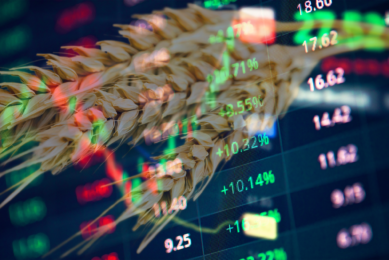Bread wheat prices reach record levels in UK

UK prices for ex-farm bread wheat have reached new levels this month, with the average reaching £276/tonne (€326.34/tonne)for December delivery. This is a price never seen before, at least since January 1990 when electronic records began.
While still significant at £49-50/tonne (€57.94-59.12/tonne), the premium of bread wheat over feed wheat ranks only 13th largest on electronic records, according to senior Agriculture and Horticulture Development Board senior analyst Alice Jones.
Rising price of domestic feed wheat
Jones said this demonstrates that the rising price of domestic feed wheat had helped bolster the bread wheat prices, as well as a perceived shortness in the market for full-spec bread wheat. As a result, it is in itself not necessarily a cause for an uplift in bread prices on supermarket shelves, she said.
Wheat is short supply
But tight global supplies have continued to support wheat prices lately and recent poor weather in Australia potentially hampering their harvest has added to this, particularly for high quality wheat, meaning that bread wheat prices are likely to remain elevated on the back of global concerns.
Wheat price not directly related to price of bread
Jones said it might seem logical that when bread wheat prices rise, bread prices follow suit but this was not strictly true: “There are many other factors within the cost of a loaf of bread, including bakery production processes, other ingredients, packaging, marketing and transportation. This means that wheat prices aren’t directly related to the price of bread and will not proportionately drive the price up. We estimate that the value of wheat in a standard 800g loaf of white bread, based on the last 4 marketing years is 11-15%.”
But the UN’s Food and Agriculture Organisation says that “higher prices of these inputs will inevitably translated into higher production costs, and eventually into higher food prices.”
Allied Bakeries, which owns Kingsmill, said the industry was “exposed to inflationary pressure in relation to the cost of flour, as well as the gas we use in our ovens and fuel for our delivery fleet.”
Members on the UK’s Farming Forum blog site said expensive grain would lead to expensive end products.
And UK Flour Millers highlighted that a number of articles had picked up on the high fertiliser prices and what this could mean for the 200 harvest if farmers were unable to apply as much fertiliser, leading to lower yields.











